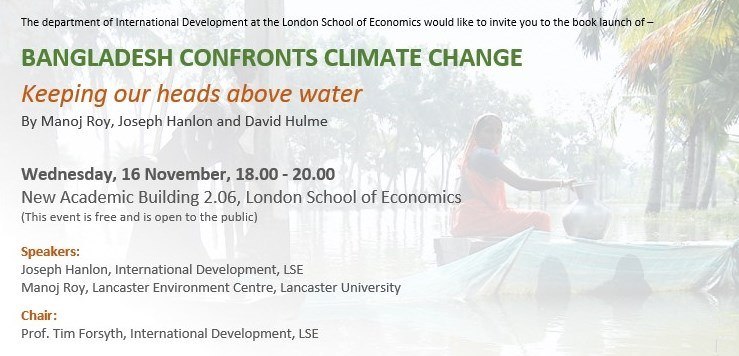In recent articles, Tim Dyson, Professor of Population Studies, explores the relationship between progress through the demographic transition and political advance.
 The first article, titled ‘On Demographic and Democratic Transitions’, appears in Population and Development Review 38 (Supp.) and is available open access. It deals with the development of democracy in Europe between around 1890 and 1930. The second article, co-authored with Ben Wilson, is titled ‘Democracy and the Demographic Transition’ and appears in Democratization. It deals with the expansion of democracy in the world in the period since 1970, in countries that were initially autocratic. Both papers find that a country’s progress through the demographic transition has been a powerful promoter/facilitator of democracy. The beneficial effects operate during the ‘second half’ of the demographic transition—when the birth rate falls, population growth slows, and the population becomes markedly older. Demographic progress is gauged by rises in a country’s median age. A country with a low median age is not just young—i.e. full of children—it will also have high fertility and its population will be growing rapidly. In these conditions demographic destabilization tends to threaten political destabilization—and countries are unlikely to be stable democracies (far from it!) A country with a high median age will have low fertility and its population will be growing slowly (if at all). Importantly, a country with a high median age is mature—i.e. there are lots of adults—and women have other things to do than engage in repeated childbearing and childcare. In the case of historical Europe, the rise of a country’s median age is most closely related to the emergence of democracy. In the case of the growth of democracy in the world since 1970, the rise of a country’s median age is also very important—although so has been the spread of mass education. Both papers suggest that economic growth has no implications for democratization.
The first article, titled ‘On Demographic and Democratic Transitions’, appears in Population and Development Review 38 (Supp.) and is available open access. It deals with the development of democracy in Europe between around 1890 and 1930. The second article, co-authored with Ben Wilson, is titled ‘Democracy and the Demographic Transition’ and appears in Democratization. It deals with the expansion of democracy in the world in the period since 1970, in countries that were initially autocratic. Both papers find that a country’s progress through the demographic transition has been a powerful promoter/facilitator of democracy. The beneficial effects operate during the ‘second half’ of the demographic transition—when the birth rate falls, population growth slows, and the population becomes markedly older. Demographic progress is gauged by rises in a country’s median age. A country with a low median age is not just young—i.e. full of children—it will also have high fertility and its population will be growing rapidly. In these conditions demographic destabilization tends to threaten political destabilization—and countries are unlikely to be stable democracies (far from it!) A country with a high median age will have low fertility and its population will be growing slowly (if at all). Importantly, a country with a high median age is mature—i.e. there are lots of adults—and women have other things to do than engage in repeated childbearing and childcare. In the case of historical Europe, the rise of a country’s median age is most closely related to the emergence of democracy. In the case of the growth of democracy in the world since 1970, the rise of a country’s median age is also very important—although so has been the spread of mass education. Both papers suggest that economic growth has no implications for democratization.





Any links to the papers?
oops, now added in.